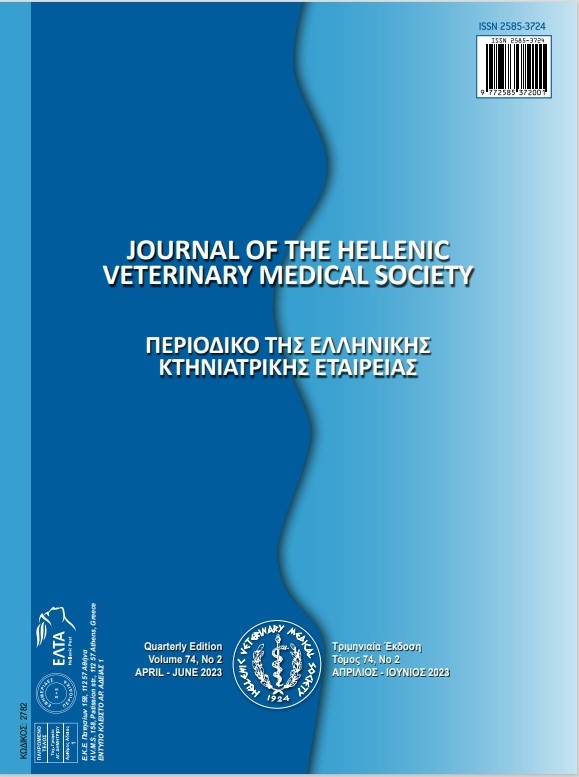The Role of Camel and Donkey Milk in Enhancing Quality Properties and In vitro Antioxidant and Antidiabetic Activity of Strained Yogurt
Abstract
With increasing emphasis on health, there has been a growing global demand for functional foods. Due to their various health and therapeutic effects, donkey and camel milk have also gained significance. The number of scientific studies demonstrating the health interests of donkey and camel milk is rising. The potential of these milks to be converted into products needs to be evaluated. In this study, the possibility of using a ratio of 15% and 30% camel and donkey milk together with cow milk in the production of strained yogurt has been evaluated. The physicochemical, microbiological, in vitro antioxidant (ABTS, CUPRAC, DPPH) and antidiabetic (α-glucosidase inhibitory effect) properties of strained yogurts were evaluated during the 21 day of storage. It was observed that camel and donkey milk containing yogurts coalugum were similar to control yogurt. The addition of 30% donkey milk to cow milk significantly shortened the fermentation time (p˂0.05). Throughout the storage period, yogurts containing 15% and 30% donkey milk exhibited the highest levels of lactic acid (p˂0.05). Donkey and camel milk samples had a higher S. thermophilus count on the first day of storage than the control yogurt (p˂0.05). The yeast counts in camel and donkey yogurt samples were not significantly different from those in the control sample (p>0.05). The antioxidant activity of yogurt samples varied depending on the storage period and the method used. At a significance level of p < 0.05, a positive correlation (r = 0.54) between the DPPH and ABTS techniques was observed. Yogurt containing 30% camel milk had significantly higher in vitro antidiabetic activity (p˂0.05). In this study, camel and donkey milk, which are claimed to offer health benefits, could be tested in yogurt manufacturing. In conclusion, these yogurt products can be included in the functional food category by evaluating various health benefits with in vitro and in vivo trials.
Article Details
- Come citare
-
Akan, E., Yildiz Akgül, F., Karaman, A., Kınık, Ö, Öğüt, S., & Çelebi, M. (2025). The Role of Camel and Donkey Milk in Enhancing Quality Properties and In vitro Antioxidant and Antidiabetic Activity of Strained Yogurt. Journal of the Hellenic Veterinary Medical Society, 75(4), 8435–8444. https://doi.org/10.12681/jhvms.37538
- Fascicolo
- V. 75 N. 4 (2024)
- Sezione
- Research Articles

Questo lavoro è fornito con la licenza Creative Commons Attribuzione - Non commerciale 4.0 Internazionale.
Authors who publish with this journal agree to the following terms:
· Authors retain copyright and grant the journal right of first publication with the work simultaneously licensed under a Creative Commons Attribution Non-Commercial License that allows others to share the work with an acknowledgement of the work's authorship and initial publication in this journal.
· Authors are able to enter into separate, additional contractual arrangements for the non-exclusive distribution of the journal's published version of the work (e.g. post it to an institutional repository or publish it in a book), with an acknowledgement of its initial publication in this journal.
· Authors are permitted and encouraged to post their work online (preferably in institutional repositories or on their website) prior to and during the submission process, as it can lead to productive exchanges, as well as earlier and greater citation of published work.




